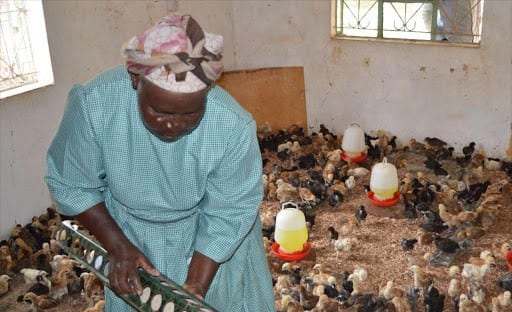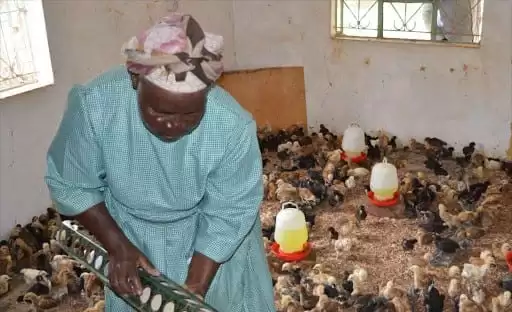

Last updated on September 11th, 2021 at 02:48 pm
Poultry farmers in Kenya want the Ministry of Trade to intervene on the discriminative tariff by the Uganda on chicken meat.
Uganda Revenue Authority has in the past two years charged Kenyan chicken meat exports a cumulative 25 per cent in taxes – 18 per cent VAT, one per cent Railway Development Levy and six per cent Withholding Tax.
“We want the government to review the taxes charged by our neighbors, both Uganda and Tanzania,” Kenya Poultry Farmers president Monica Wanjiru said.
She added that their plea is to the government to impose tax Uganda poultry imports or for the Ugandan government to waive 19 per cent tax on VAT and Railway Development Levy.
The taxes charged by the Uganda, Wanjiru argued, violates World Trade Organization first principle on fair trade.
This means that the Uganda poultry products have free access to the Kenyan market while the Kenyan products are hindered from access to Uganda through Non-Tariff Barriers (NTBs) or imposition of domestic taxes (VAT, withholding taxes or railway levies).
Wanjiru added that “Tanzania has also imposed stringent requirements for compliance from the Tanzania Bureau of Standards (TBS) which many players in the poultry sector have seen as deliberate efforts to bar them from accessing the market.” In 2016,Tanzania banned the importation of poultry and poultry products into the country.
In a technical paper presented to the Department of Livestock in December 2019, and developed jointly by Livestock stakeholders, it proved that Hudani Manji Holdings (Yokuku), the Ugandan poultry producer that has been exporting product to Kenya is effectively dumping products into the Kenyan market.
“The price offered to the majority of the customers here in Kenya is lower than Hudani’s direct costs (production, transport and inspection fees) and the prices generally offered to customers in Uganda,” the document read.
Dumping raises important issues for Kenya and its policymakers, from unemployment to food security, and has implications for economic and social stability.
Kenyan producers would compete strongly against imported products from Uganda if the competition was fair, but dumping has made it impossible to compete fairly in a growing local market that has seen the proliferation of price-sensitive retailers and customers.
(TheStar)
Rob Walter Resigns his Position as coach for the Proteas men's team for white-ball games because personal problems needed attention.…
Starting April 2, South African drivers will get lower costs when filling their tanks as fuel prices decrease for all…
The U.S.-based driver training company Zutobi analyzed road safety worldwide and found South Africa stays last in driving danger since…
The Basketball Africa League (BAL) returns for its 2025 season with exciting changes and developments. Since 2019 the NBA-linked basketball…
The Somali president supports their military forces to eliminate the threats from Al-Shabaab, ISIS, and Al-Qaeda. The Somali National Army…
UAE President Sheikh Mohamed bin Zayed Al Nahyan held talks with President Faustin Archange Touadéra of the Central African Republic…
This website uses cookies.